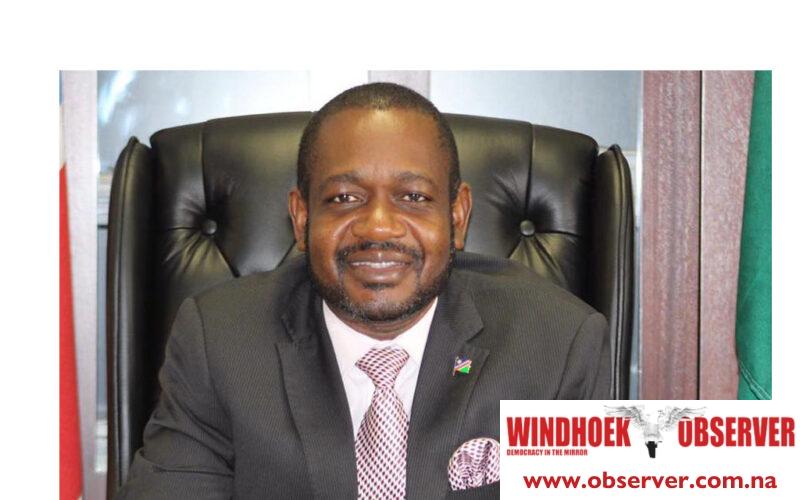Martin Endjala
The Cabinet has endorsed a plan aiming to ensure every household in Namibia has access to a clean water supply by 2030.
Peya Mushelenga, the Minister of Information, Communication, and Technology, announced this resolution following the considerations made at the 2023 World Water Week held in Stockholm, Sweden from 20-24 August 2023.
The minister revealed that the Cabinet had reviewed and noted the recommendations of the report submitted by the Minister of Agriculture, Water, and Land Reform at the event.
He stressed that the government would implement the recently enforced Water Resources Management Act, 2013 (Act No. 11 of 2013), to assist in achieving this goal.Further, the Cabinet has endorsed the continuation of investments in capacity building and research and development in the water sector.
These efforts aim to align with the developments discussed at World Water Week and the United Nations Water Conference 2023.
The Cabinet seeks to improve data collection, enhance governance systems, develop capacity, and address funding gaps in the water sector by developing a database for all related water infrastructure.
Mushelenga stated that the Cabinet is eager to see ongoing financial support for river basin organizations such as the Orange Senqu Commission, Cuvelai River Commission, Zambezi Watercourse Commission, and Okavango River Commission.
Carl Schlettwein, the Minister of Water and Agriculture, highlighted the need for an urgent action plan, akin to those for climate change, to address water scarcity issues. Speaking at the 2023 World Water Week event in Stockholm, Sweden, Schlettwein stated, “One cannot be left behind, and I believe we have achieved that and have come to a realization that water is central to the climate change debate. The crisis that is upon us can only be solved if we give urgency to an action plan to solve it.”
During the recent launch of “Mind the Gap—Invest in Water” this month, a campaign led by the African Union Commission and supported by the International High-Level Panel on Water Investments for Africa as part of the Continental Africa Water Investment Programme, African leaders pledged to mobilize US$30 billion per year by 2030.
This funding aims to achieve water security and sustainable sanitation on the continent through institutional private-public partnerships, sector reform, and higher national budget allocations.




